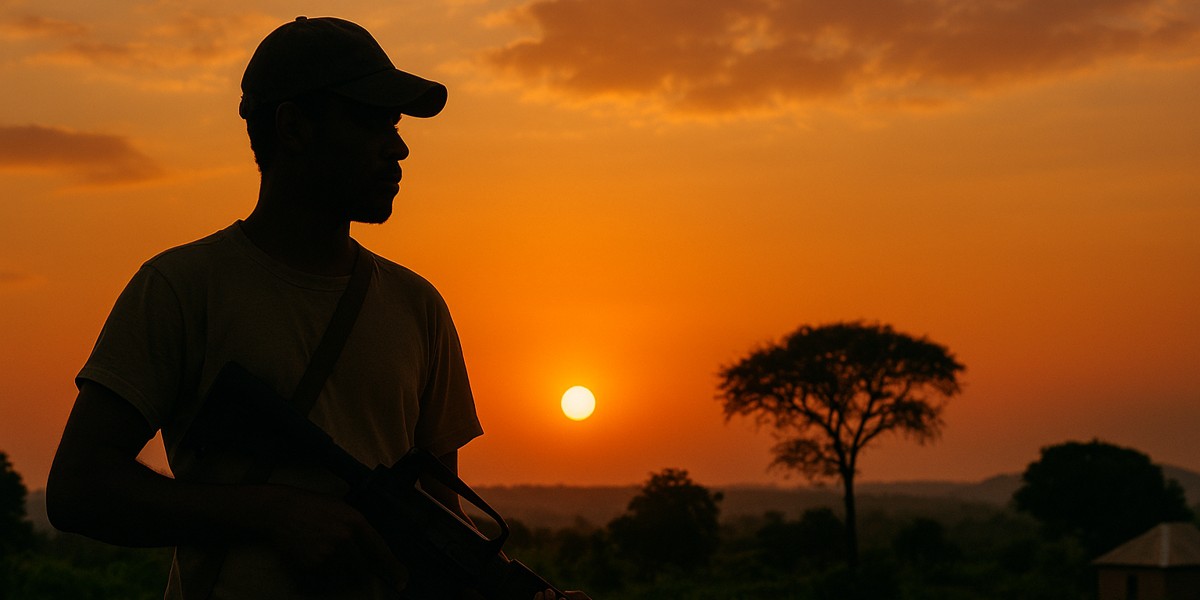Nigeria is grappling with a worsening security crisis in its rural northern regions, where recent violence has left more than 150 people dead and displaced thousands.
The surge in attacks, mainly in the states of Benue and Plateau, has intensified criticism of President Bola Tinubu, whose government is under pressure both at home and abroad.
Longstanding conflict
The violence is largely tied to a longstanding and complex conflict between pastoralist herders and farming communities over land and water. Drought, desertification and dwindling resources have fuelled the tensions, with clashes often taking on ethnic and religious dimensions. Although these disputes are rooted in resource competition, they are increasingly framed as religious conflicts, especially as most herders are Muslim and many farmers are Christian.
Should Nigeria be back on US watchlists?
This narrative has gained traction internationally, particularly among US conservatives. Some politicians and think-tanks have called for Nigeria to be placed back on a US watchlist for religious freedom violations, a designation that could carry diplomatic and economic implications.
President Tinubu, who came to power promising stronger security, is facing criticism for slow progress. While he has appointed respected security chiefs and boosted defence spending, experts say there has been little tangible improvement on the ground. Critics also point to his prolonged absence from Nigeria during the crisis, as he travelled in Europe.
Ranching transition stalled
Security analysts warn that climate change, access to weapons and under-resourced security forces have created a volatile environment. Calls for transitioning from open grazing to ranching have been made repeatedly, but implementation has stalled.
Tinubu must help stabilise rural communities
As the situation escalates, Tinubu’s government faces growing calls to act decisively to stabilise rural communities, strengthen national security, and rebuild public trust. With elections on the horizon in 2027, how the administration handles this crisis may have lasting political consequences.


